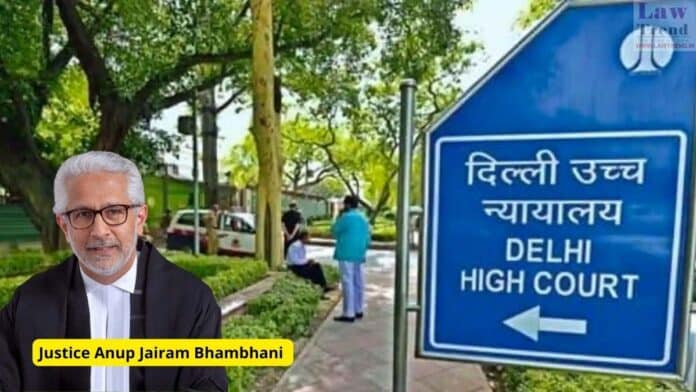The Delhi High Court has dismissed a review petition filed by tenants who have been in occupation of a commercial shop since the 1940s, holding that a contractual agreement barring a landlord from seeking eviction on the ground of bona fide requirement is void under the Indian Contract Act, 1872. Justice Anup Jairam Bhambhani dismissed
To Read More Please Subscribe to VIP Membership for Unlimited Access to All the Articles, Download Available Copies of Judgments/Order, Acess to Central/State Bare Acts, Advertisement Free Content, Access to More than 4000 Legal Drafts( Readymade Editable Formats of Suits, Petitions, Writs, Legal Notices, Divorce Petitions, 138 Notices, Bail Applications etc.) in Hindi and English.




